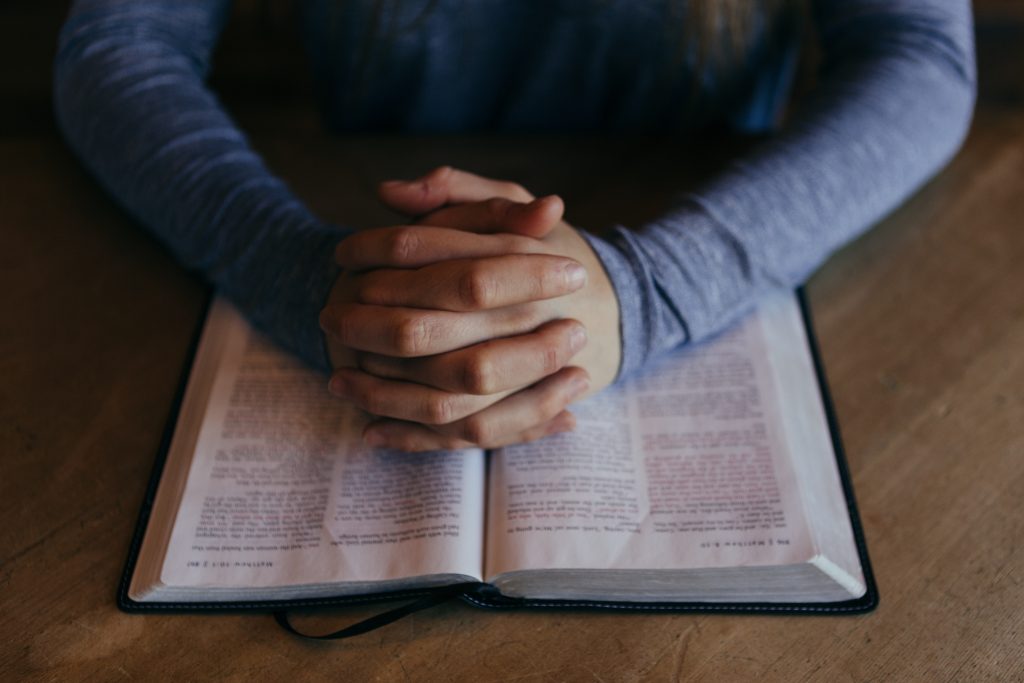Research on the effects of prayer for various conditions has been carried out in numerous studies. For example, researchers have attempted to design double-blinded, controlled trials of distant intercessory prayer (DIP)(where intercessors received only the first name and the condition for the prayer recipient and instructed to pray for a complication-free recovery).
Benson et. al (2006) carried out such a study and found negative results. However, there were issues with the validity of the study design considering the prayer groups involved for intercession.1 In conclusion, the results suggest that distant intercessory prayer by particular types of intercessors (where belief/faith in healing was not described) might not be efficacious to promote recovery and diminish the incidence of complications for patients in a coronary care unit.
Another study related to coronary care that tested remote prayers of individuals who profess a faith in healing reported benefits.2 Matthews et al. (2000) found positive effects for patients with rheumatoid arthritis in response to proximal prayer, however, found no benefits from DIP. 3 While there are methodological limitations of studies on DIP, there is not clear evidence contraindicating prayer as an intervention. 4 These discrepancies present the question, are prayers by certain intercessors, with different beliefs and theological backgrounds, in certain branches of Christianity (or other religious groups), with particular content, or emotional contexts more effective than others?
Literature in randomized controlled trials in proximal intercessory prayer done by intercessors who believe in the power of healing prayer is limited. Expanding this area of research will inform hospitals and clinics on policies regarding medical doctors praying for their patients. Various religious groups have invested in research showing effects of meditation in health and they are using that to have different areas of society open to their practices.





About The Author: Clarissa Romez
Clarissa has a Master's in Molecular Biology from the University of Brasília (UnB) and is passioned about bridging the gap between Science and Faith. She works as a research assistant for GMRI investigating healing testimonies and writing case reports about them.
More posts by Clarissa Romez